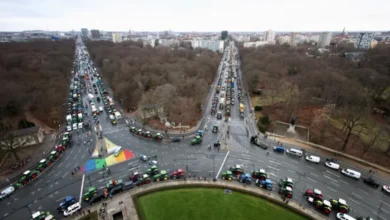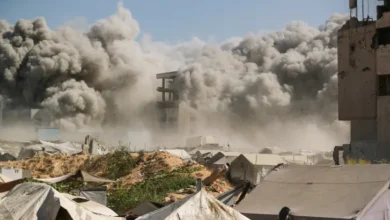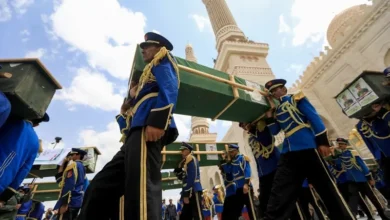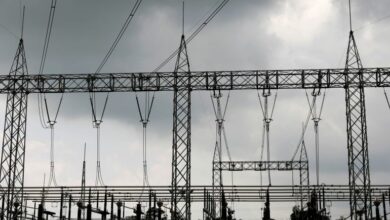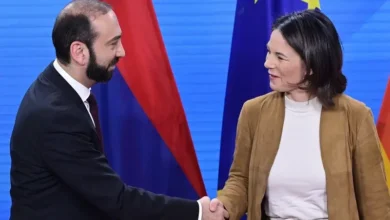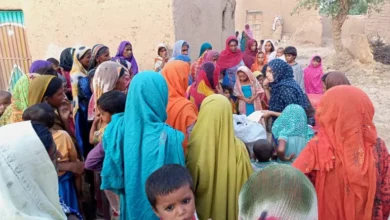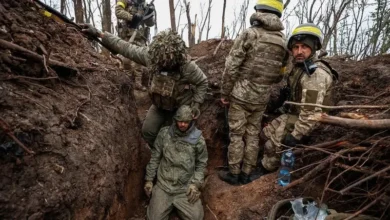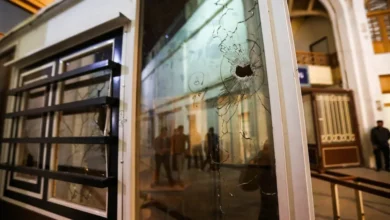Operations, cancer treatments cancelled as South Korea doctors’ strike grows
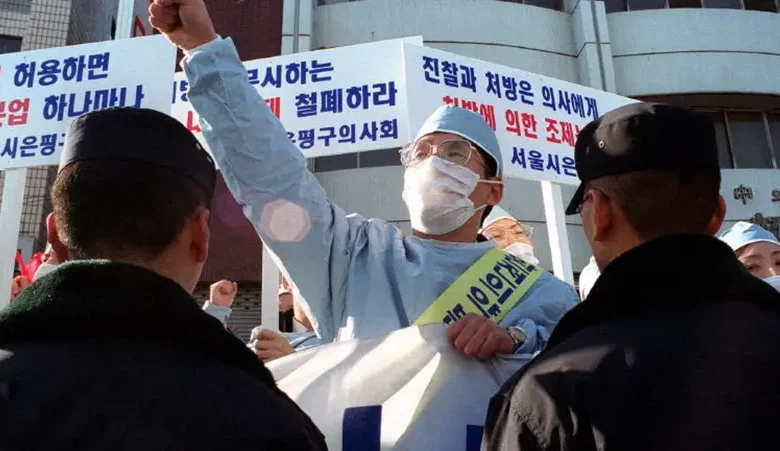
Pregnant women had C-sections cancelled and cancer treatments were postponed Wednesday as the number of South Korean trainee doctors to walk off the job over proposed reforms swelled, officials and local reports said.
More than 8,800 junior doctors — 71 percent of the trainee workforce — have now quit, said Seoul’s Second Vice Health Minister Park Min-soo, part of a spiraling protest against government plans to sharply increase medical school admissions.
Seoul says the reforms are essential, citing the country’s low doctor numbers and rapidly ageing population, but doctors claim the changes will hurt service provision and education quality.
Critics say doctors are mainly concerned the reform could erode their salaries and social prestige, and the plan enjoys broad public support among South Koreans, especially those in remote areas where quality service is often inaccessible.
Park said Wednesday that 7,813 trainee doctors had not shown up for work — an almost five-fold increase from the first day of the action Monday — despite the government ordering many of them to return to their hospitals.
“The basic calling of medical professionals is to protect the health and lives of the people, and any group action that threatens this cannot be justified,” Park said.
The doctors’ walkout was a violation of South Korean law, as medical workers cannot refuse so-called return to work orders “without justifiable grounds”, he said.
South Korea’s general hospitals rely heavily on trainees for emergency operations and surgeries, and local reports said cancer patients and expectant mothers needing C-sections had seen procedures cancelled or delayed, with scores of cases causing “damage”, Park said.
Hong Jae-ryun, a brain cancer patient in his 50s from Daegu, said that his chemotherapy had been postponed without clear future dates due to the current situation, even though the cancer has spread to his lungs and liver.
“It’s absurd. In the midst of the conflict between the government and doctors, what can powerless patients say? It feels like a betrayal,” Hong told AFP.
“When there is no one to trust and rely on other than doctors, it seems excessive to handle things in this manner.”
A user on South Korea’s Naver web portal said her mother’s long-awaited cerebral aneurysm surgery had been abruptly delayed.
“I’m furious that (the doctors) can act so irresponsibly,” user @488653 wrote.
AFP has reached out to several trainee doctors who have resigned but was informed that they have decided not to give individual interviews.
‘Neglected’
Junior doctors say the new medical education reforms are the final straw in a profession where they already struggle with tough working conditions.
“Despite working more than 80 hours a week and receiving compensation at minimum wage level, trainee doctors have been neglected by the government until now,” the Korea Interns and Residents Association said in a statement.
The over-reliance on trainee doctors in the current healthcare system was not reasonable or fair, they added, claiming the government was treating them as if they were “criminals”.
Nurses, who have been left in charge during the strike, urged doctors to return to work, even as they sympathized with their fight against the reform.
“Do not ignore your conscience toward the patients being left behind,” the Korean Young Nurses Association wrote in a social media post.
Kim Jae-heon, the secretary general of an NGO advocating for free medical care, which also includes some medical doctors as members, said the trainee doctors’ mass resignation “lacks justification”.
While it is true that trainees often suffer from grueling hours, “opposing the expansion of medical school admissions to ensure greater profitability by reducing competition when they establish their own practices in the future is unlikely to garner public support”, he said.

